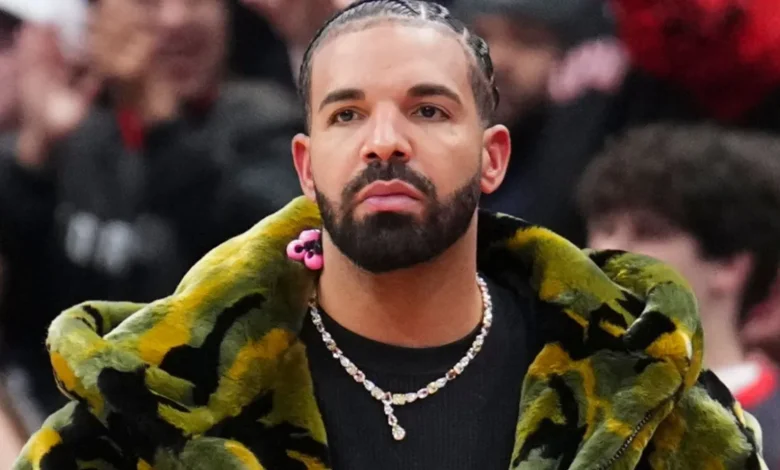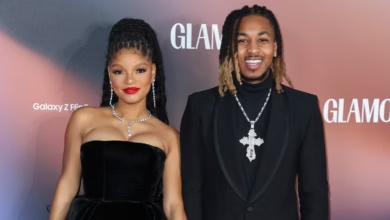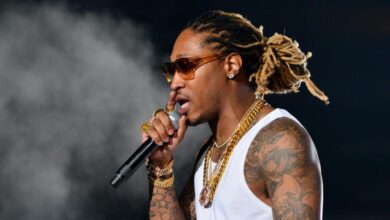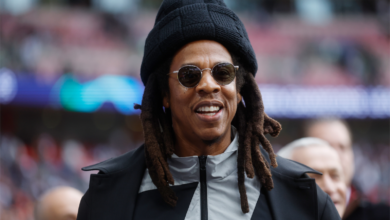Drake’s “Not Like Us” Defamation Lawsuit Against UMG Slammed as “Dangerous” by Legal Experts

Drake’s ongoing defamation lawsuit against his own record label, Universal Music Group (UMG), has sparked intense debate in legal circles, with a group of legal scholars now warning that the case could set a dangerous precedent for artistic freedom in hip hop.
The high-profile lawsuit stems from lyrics in Kendrick Lamar’s explosive diss track “Not Like Us,” which Drake alleges were defamatory and intentionally damaging to his reputation. However, four legal scholars have submitted a formal letter to the court, cautioning against treating the lyrical content of rap music as literal statements of fact.
“The harms that arise when courts treat rap lyrics as confessions or factual representations cannot be ignored,” the letter reads. The scholars argue that doing so “opens the door to racial bias and stereotypes into the courtroom,” a point that has long been raised by hip hop advocates who believe the genre’s expressive style is often misunderstood and unfairly judged.
Their legal brief underscores the importance of preserving the creative liberties that rap artists rely on to construct fictional narratives, noting that such storytelling is a long-standing and widely accepted part of the genre. They cited legendary figures such as 50 Cent, JAY-Z, Nas, and 2Pac as artists who have built careers around vivid, often exaggerated lyrics that reflect broader themes rather than literal events.
One example highlighted in the brief is 50 Cent’s 2003 hit “High All The Time,” which he later explained was written despite him being sober. The scholars emphasized that treating such lyrics as literal admissions would be a gross misinterpretation of the art form.
If the court rules in Drake’s favor, they argue, it could undermine the essence of hip hop as a storytelling vehicle and pose a significant threat to freedom of expression for musicians across the board.
Neither Drake nor UMG has publicly responded to the scholars’ letter, but the controversy around the case continues to escalate. UMG recently criticized Drake as a hypocrite for suing over Kendrick’s lyrics, pointing out that the Toronto rapper himself has made similarly provocative remarks in his own music.
Drake recently amended his lawsuit to include new claims, citing Kendrick Lamar’s widely-watched Super Bowl performance as further evidence of defamation. According to Drake’s legal team, the performance contributed to the public spread of false allegations, even though the specific lyric in question—accusing Drake or his associates of being “certified pedophiles”—was not performed during the halftime show.
In response, UMG filed a motion to dismiss the amended complaint, accusing Drake of mischaracterizing the situation. “As Drake concedes, Lamar’s Super Bowl performance did not include the lyric that Drake or his associates are ‘certified pedophiles’ (i.e., the alleged ‘Defamatory Material’ that is at the heart of this case),” the filing states. UMG also argued that the lawsuit appears more focused on attacking Kendrick Lamar’s commercial and creative success rather than addressing any genuine legal grievance.
A separate statement from UMG further accused Drake of double standards: “Nowhere in the hundred-plus page ‘legal’ blather written by Drake’s lawyers do they bother to acknowledge that Drake himself has written and performed massively successful songs containing equally provocative taunts against other artists. Nor do they mention that it was Drake who started this particular exchange.”
As the legal battle unfolds, the case is being closely watched by artists, attorneys, and fans alike. With issues of free speech, racial bias, and artistic interpretation all at play, the outcome could have far-reaching implications for how rap music is understood—and litigated—in the courtroom.




